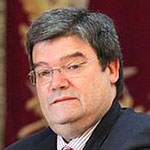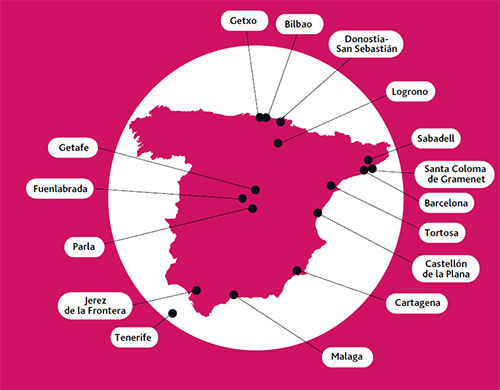Purpose:
A game to raise awareness of rumours and stereotypes that negatively affect coexistence in Bilbao.
Rationale:
Awareness-raising and the fight against discrimination is a priority line of intervention within the framework of local strategies for managing diversity and promoting interculturality.
In this sense, the III Municipal Plan Bilbao Intercultural City incorporates this line of action, establishing among its actions the development of the antiRumours strategy. This strategy is linked to the Sustainable Development Goals approved by the UN in 2015 regarding the reduction of inequalities and the construction of Peace, Justice and the Promotion of solid institutions, as fundamental bases of the 2030 Agenda.
Likewise, the project is aligned with the Bilbao Balioen Hiria Charter of Values insofar as it is committed to the development of actions that favour inclusion, tolerance and coexistence based on cultural diversity, and in which values such as social justice, respect for human rights, inclusion, commitment, solidarity and participation are always present.
Process:
One of the actions launched under the framework of the Anti-Rumours Strategy is a game to test the knowledge around migration and rumours around it and promote critical thinking. The game can be used in two forms: a scratch card and a Web app.
The game makes use of the main metaphor of the Bilbao Anti-Rumours Strategy moto and image: an umbrella as a defence against rumours that fall from the sky. In this sense, the game allows users to assess whether they are ‘protected’ from or ‘drenched’ by rumours.
How it works
Following a series of fact-based questions the game illustrates the reality and /or otherwise the spread rumours about migrants. Longer statements of factually accurate information is presented alongside each answer.
A final score is given, indicating the degree of ‘protection’ from rumours. By disseminating this results in Social Media, the user may obtain additional ‘medals’.
Impact:
The Webapp has been completed over 11,300 times and has had 9331 users from September 2014 to October 2023.
Key reference documents:







